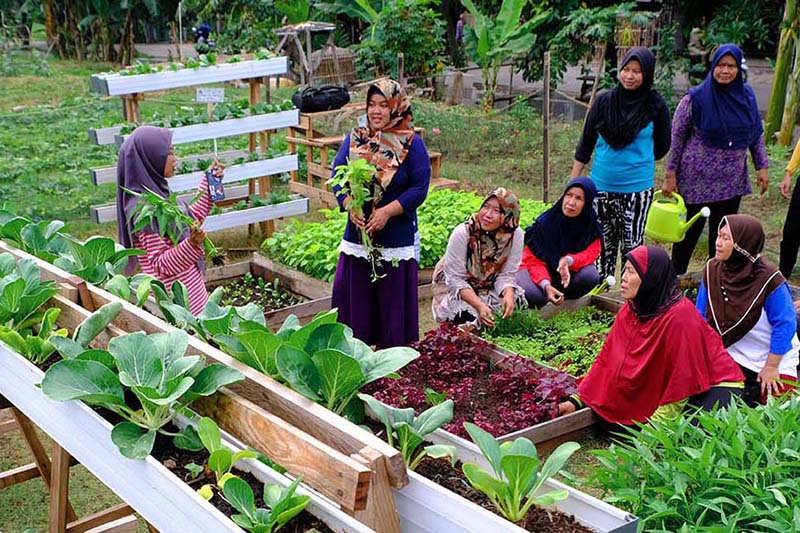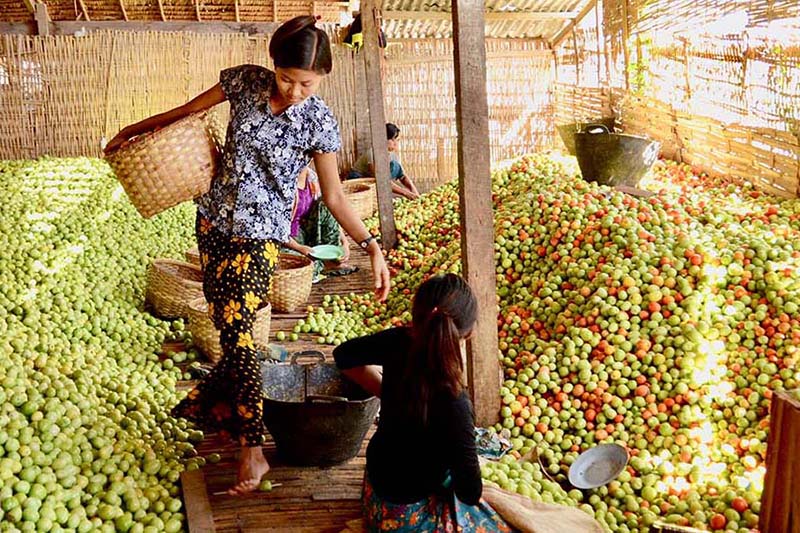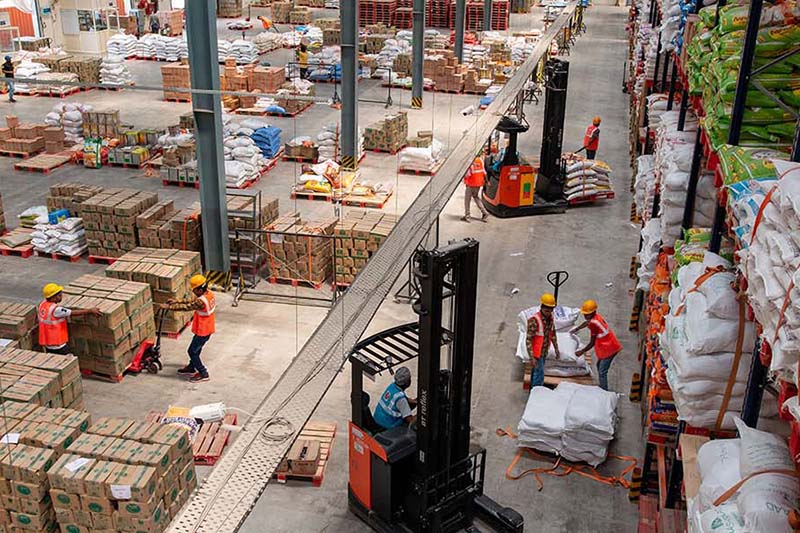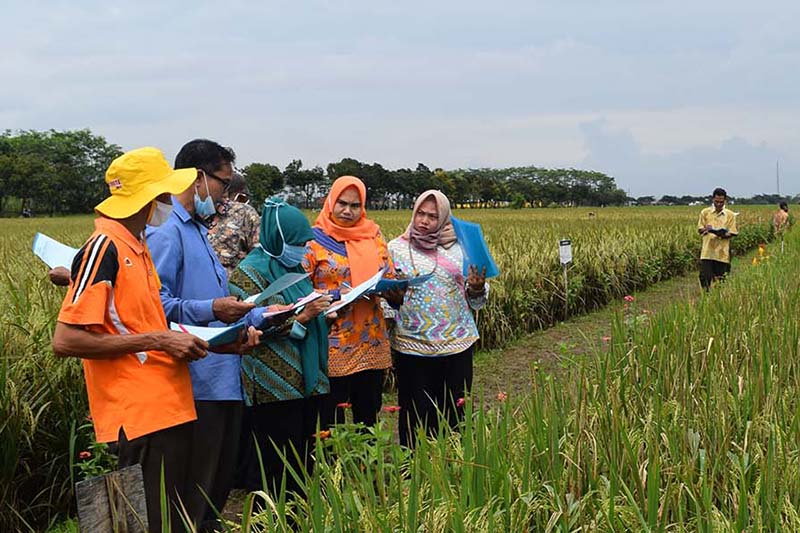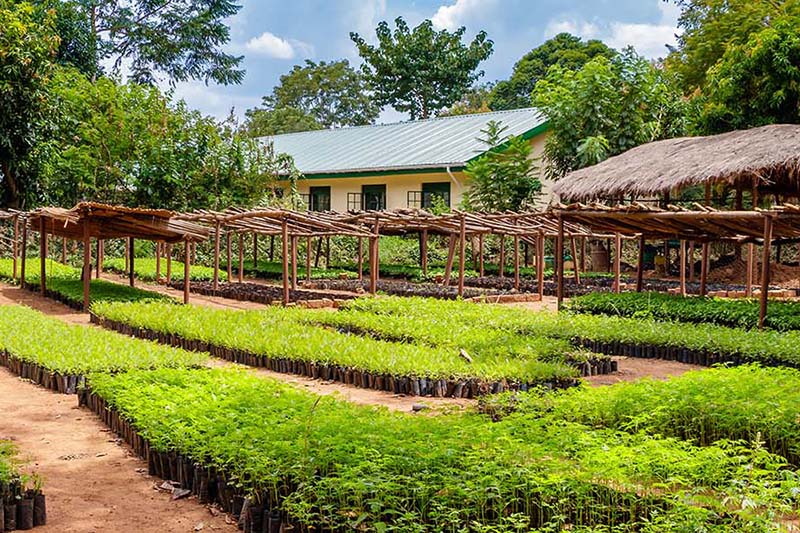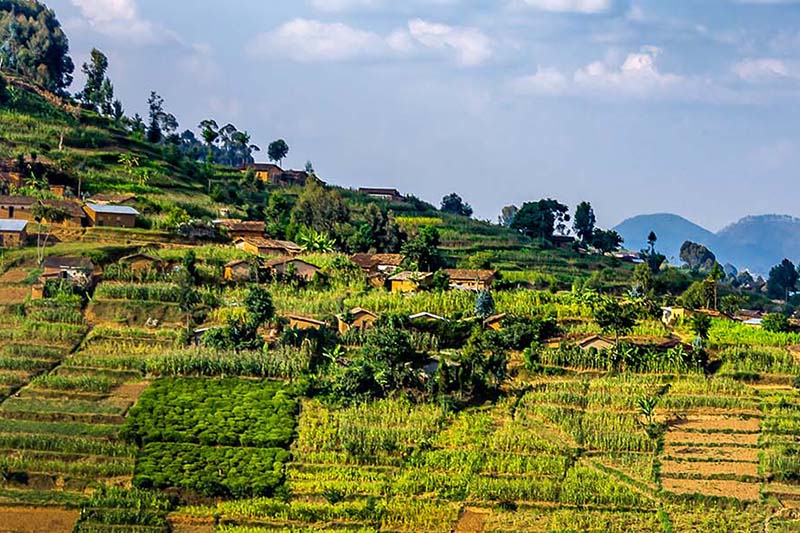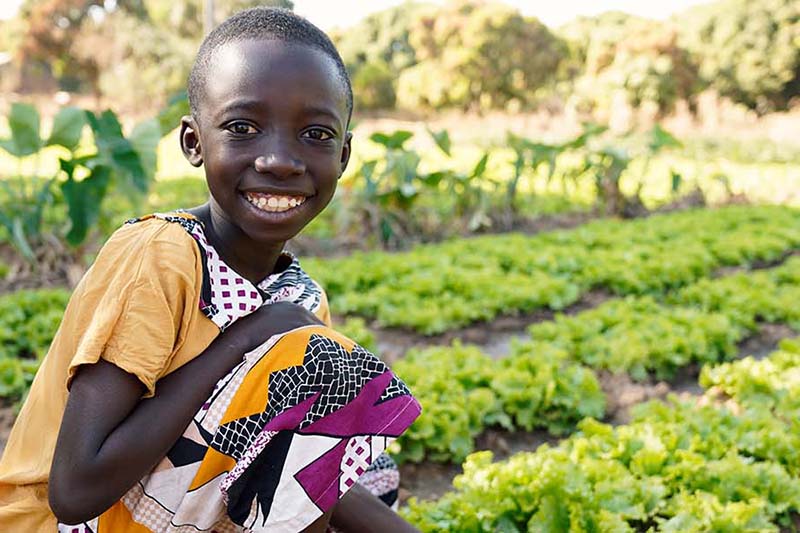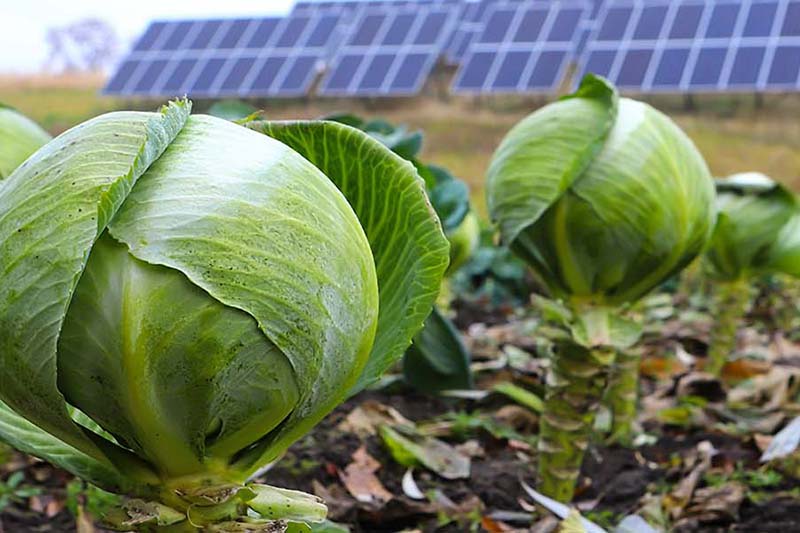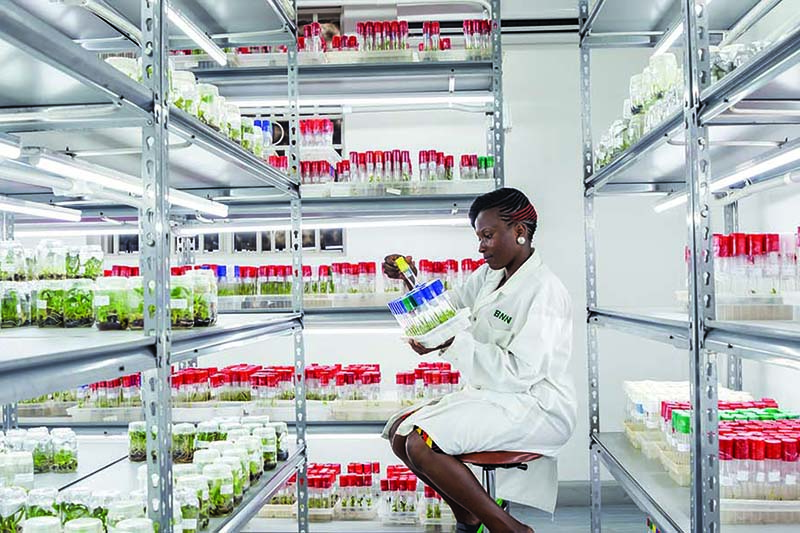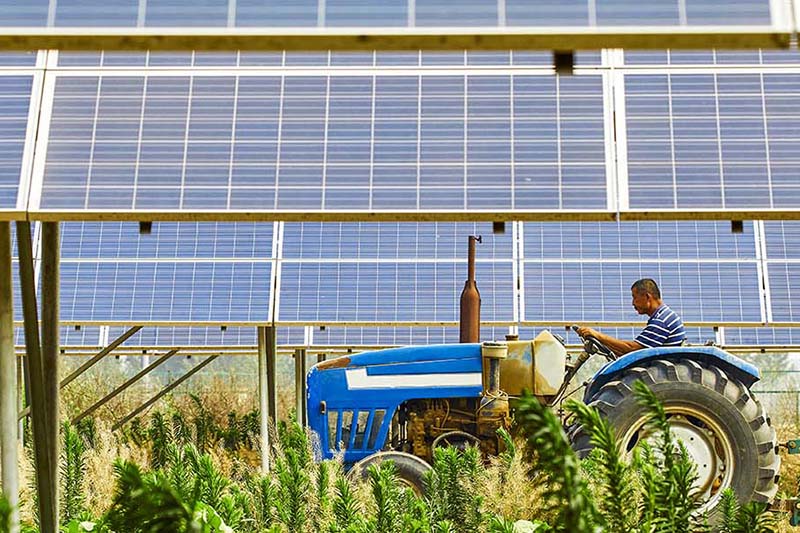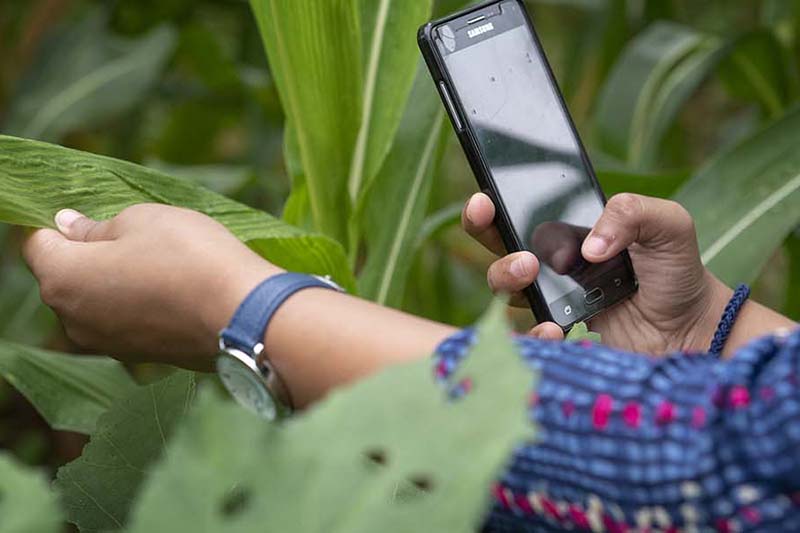Themes
Climate change threatens our food systems and the achievement of development goals. Action is urgently needed, both to support adaptation and resilience and to mitigate emission. The 2022 Global Food Policy Report showcases opportunities for accelerating innovation, reforming policies, resetting market incentives, and increasing financing for sustainable food systems transformation.
Transforming Food Systems
Food system transformation must play a central role in climate adaption and mitigation through actions that ensure food security, livelihoods, and sustainability
Repurposing Agricultural Support
Repurposing current government support to agriculture, such as subsidies to farm outputs, can fund the R&D needed for climate-smart food systems
Trade Reforms
Free and open trade can support food security and nutrition and contribute to sustainable resource use
R&D for Food Systems
Investments in R&D provide enormous returns in food system productivity and sustainability
Climate Finance
Financial flows for climate change can be reoriented to support sustainable food systems transformation
Social Protection
Creating adaptive social protection systems for the most vulnerable is vital to building resilience to climate change
Landscape Governance
Landscape governance engages stakeholders for integrated management of natural resources to address climate change
Nutrition & Healthy Diets
Shifting to sustainable healthy diets to protect human and planetary health requires consumer education, fiscal measures, and healthier food environments
Clean Energy
In coordination with water and other resource sectors, investments in clean energy can boost agricultural productivity and sustainability
Bio-innovations
Recent innovations in genome-editing allow researchers to rapidly develop climate-resilient crops suitable for small farmers in low- and middle-income countries
Food Value Chains
Climate change will require adaptation all along food value chains, from crop production to consumption, to prevent disruptions and food waste
Digital Innovations
Digital innovations offer technologies and unprecedented access to data to manage climate risks to food systems

